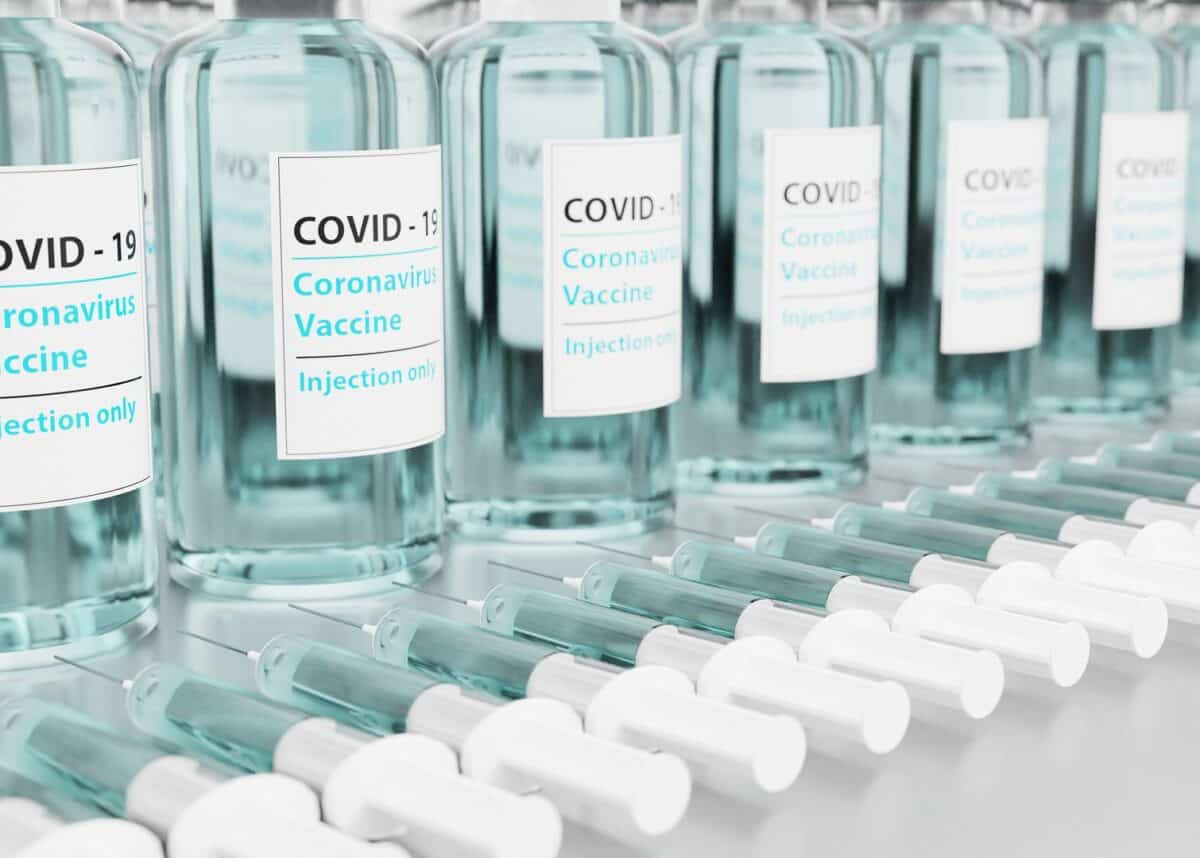Australia’s Covid-19 vaccine rollout is said to have taken a major step forward, with more than 500 GPs around the country able to administer the Pfizer vaccine from yesterday (Monday).
Health minister Greg Hunt said this would help to “significantly accelerate” the pace of the rollout for younger populations.
The country’s national vaccine rollout has been much criticised, with some commentators saying it has now fallen behind most similar developed nations.
Five thousand GPs to be involved by late year
By the end of July, around 1,300 GPs will be administering Pfizer vaccines, along with up to 135 Commonwealth Vaccination Clinics (CVCs) and 130 Aboriginal and Torres Strait Islander Community Controlled Health Services (ACCHS) sites.
“As more supplies of Pfizer become available, it is expected all 5,100 GPs participating in the vaccine rollout will have the opportunity to administer the Pfizer vaccine by later this year,” the minister stated.
“These practices will now offer both the AstraZeneca and Pfizer vaccines, which will ensure Australians can access both a first and second dose.”
Primary Care vaccination sites – including GPs, ACCHS and CVCs – have been the backbone of the vaccination rollout, administering more than 4.2-million vaccinations so far.
More than 875,000 vaccinations in past week
This is more than half of the 8.2-million vaccinations administered in the country to date.
“We have seen record numbers of vaccinations across Australia, with more than 875,000 Australians receiving a Covid-19 vaccine in the last week,” Hunt said.
“I encourage all eligible Australians to come forward and receive their vaccines, which will help protect you, your loved ones and the broader community.”
According to a report by ABC News, when the Pfizer mRNA vaccine was first developed, its makers believed it needed to be kept at sub-zero temperatures of between -90 degrees Celsius and -60C.
Deep-freezing of the vaccines is not as vital
This made the logistics of transporting and storing the vaccine challenging, and so only state-run vaccination sites were distributing Pfizer to begin with, rather than GPs.
In April, the Therapeutic Goods Administration (TGA) said the Pfizer vaccine could be kept at normal freezer temperatures for up to two weeks during transport, and at regular fridge temperatures for up to five days.
“Once it’s been thawed from super-cold temperatures to vaccine fridge temperatures, we know that the vaccine remains stable for 31 days,” the Royal Australian College of General Practitioners’ Anita Munoz told ABC News.
“So that means that general practices can get involved because they can use the fridges that they’ve always had at their disposal.”












